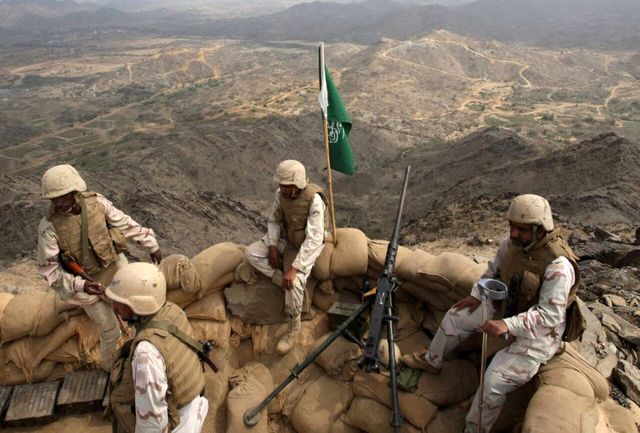Speaking in an interview with the website of the Strategic Council on Foreign Relations, Seyed Reza Mirabian stressed: The policy of the United States under Donald Trump was to pursue its own interests by aligning itself with Saudi Arabia in Yemen. That is to say, it did not matter to the Americans whether the war in Yemen continued or did not have a winner. What mattered to the United States was the sale of weapons to Saudi Arabia, therefore, they did not pay attention to the consequences of the war and thus turned a blind eye to all the Saudi activities in Yemen, including human rights abuses, massacre of defenseless people and the siege of Yemen.
Saying that Biden is said to have stopped arms sales to Saudi Arabia, Mirabian added: It should be noted that Biden is pursuing the same policy on arms sales, and what is said about stopping arms sales to Saudi Arabia is not true; because US arms sales to Saudi Arabia is still continued and only two cases of the arms deal, including smart bombs that had been purchased by Mohammed bin Salman in the late Trump era, have been suspended.
The expert continued: Biden’s team has a common view on the continuation of war in Yemen, because on the one hand this war is not fruitful and does not have a winner, and on the other hand Saudi Arabia has sustained damage and lost its position in this war, therefore they must enter to save that country.
According to Mirabian, the Americans are now seeking to find a political solution to the Yemen crisis under Biden and save their ally, Saudi Arabia, from the quagmire in which they have been entangled and its end is not clear.
The expert on the Middle East affairs, pointing out that human rights issues are a pretext for the United States to advance its targets, said: If the United States is really serious about this, why does it not lift the sanctions on Yemen? Or, why does it not stop Saudi Arabia’s bombardment of that country? Today, we are witnessing heavy bombardment of Maʼrib by Saudi Arabia, and at the same time, ships carrying foodstuff for the Yemenis have been stranded in the Red Sea for almost a year, but the Saudis do not allow them to enter the port of Al-Hudaydah.
He continued: If the Biden administration is really serious about human rights issues, it must first allow goods and foodstuff to enter the port of Al-Hudaydah and stop bombardments.
As for Ansarollah’s reaction to Biden’s policies on the war in that country, the expert remarked: While Ansarollah has welcomed any political solution, but has said that the condition for a political solution is the cessation of bombings and lifting of sanctions. For Ansarollah, a ceasefire without lifting sanctions and stopping bombings is no longer a priority, and the group recently stated explicitly that it could not continue political talks in the shadow of bombings and threats. Therefore, the issue of ceasefire for Ansarollah is a prelude in the continuation of which the sanctions must be lifted and the bombardments stopped, otherwise it will have no value for Ansarollah.
Regarding the outlook for the crisis in Yemen with the coming to power of the Biden administration and its announced policies, Mirabian said: It is very unlikely that we will think of peace in Yemen in the near future; but we hope to see a long-term ceasefire in that country; this means that negotiations will begin and the United States will force the Saudis to stop bombardment and lift the sanctions.
As for the removal of Ansarollah’s name from the list of terrorist groups, he said: This action was also taken for the purposes of the Americans themselves, because they could not negotiate with a so-called terrorist group, and therefore Biden removed Ansarollah from the internal list of the terrorist groups in order to enter into dialogue and negotiations with them.










0 Comments